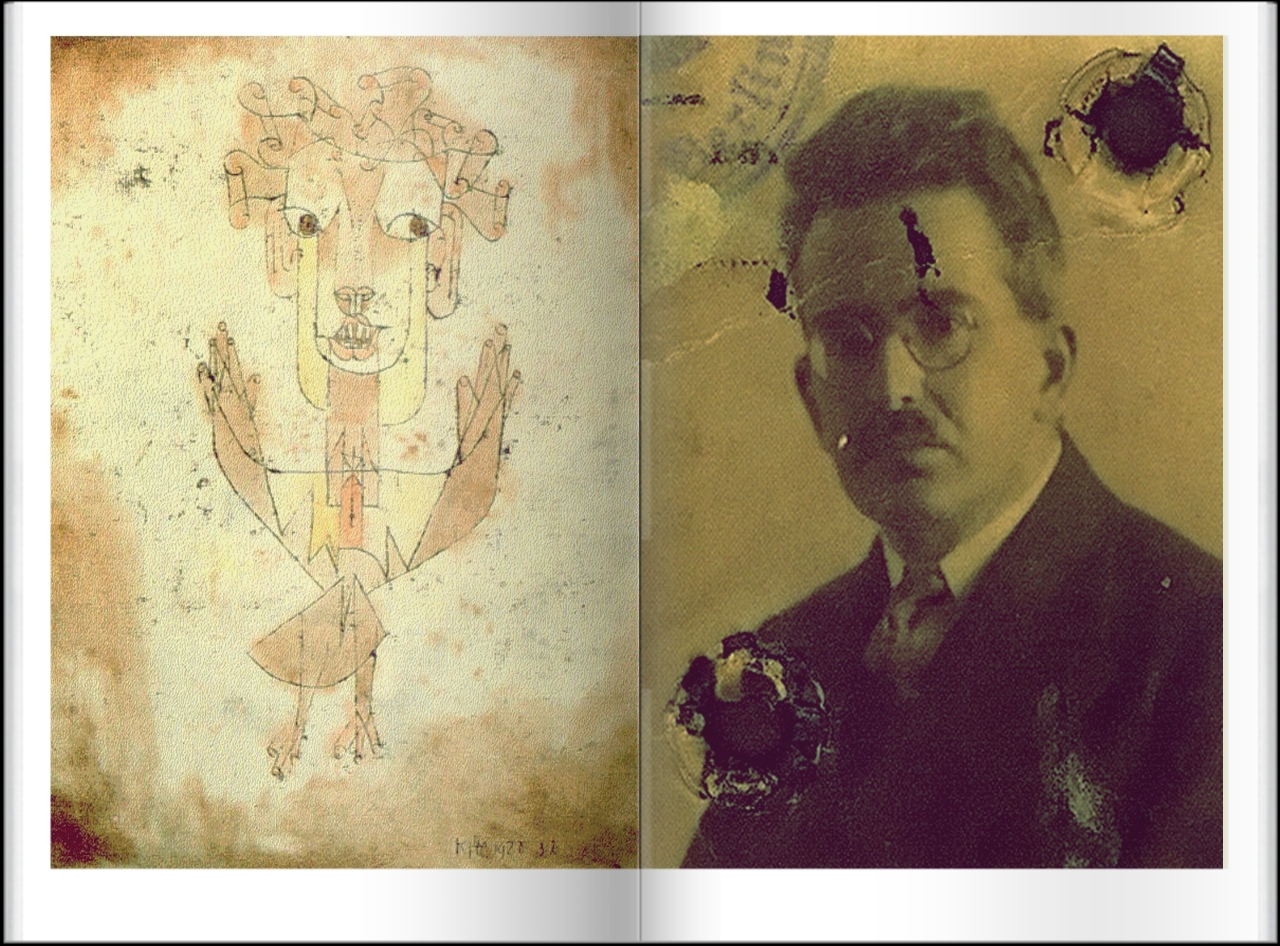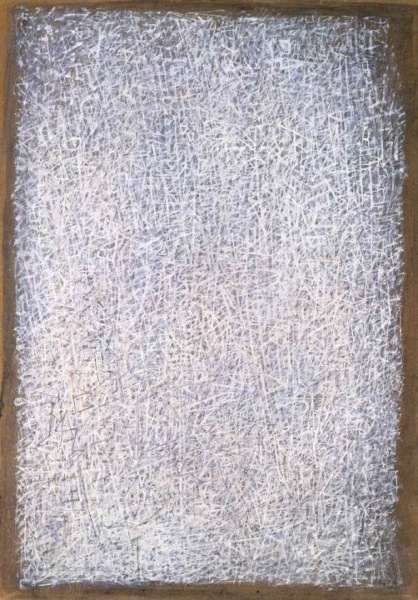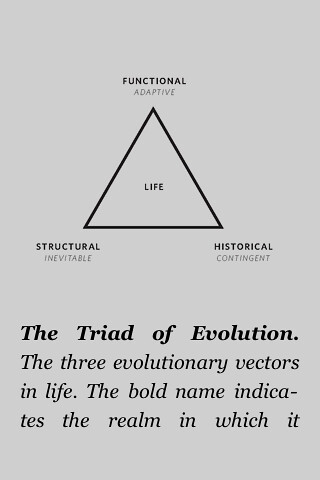Still thinking about the interpsyche – and found this passage from Zerka Moreno in the Psychodrama Network News from the American Society of group Psychotherapy and Psychodrama 2005 I now see the difference between empathy and doubling. Doubling in its conception includes the relationship, it is not the intuition of the therapist directly but the voice of the interpsyche – the relationship between two people.
But there is another, more important, aspect of McGaw’s presentation. When he speaks about how his doubling with a protagonist is so often correct, he interprets this as due to his intuitive ability. When pressed by Rogers to explain it more specifically while speaking of his own power in that respect, he refers to it as his “empathy.” Unfortunately, he overlooks the contribution to the process by the protagonist, as if it all comes out of the therapist’s psyche, that of a single mind. By unfortunate I mean that this is just the area of Moreno’s contribution, namely to have pointed out that it is the interaction between people – tele – resulting in the “inter-psyche,” the space between people, that is the foundation of his and our work. This observation, more than anything else McGaw speaks of, tells me he has not really grasped Moreno’s message. It is our emphasis on the moment, the here and now, the spontaneity of the protagonist, the interaction of minds, that distinguishes our own field from that of individual psychology, a lesson we must never overlook.
Zerka Moreno makes it so clear psychodrama is a relational not an individual method.
Recently while teaching doubling it was clear the person was trying to think what the other person was thinking. Close, but not quite it. I said… let yourself be him, become him, breathe like him, sit like him, look at the world through his eyes and then voice what comes up, you won’t be guessing, you don’t have a choice about what comes up.
The doubling was then noticeably different even though not always exactly right.
__________________________________________________
Later: Saturday, 6 October, 2012
I’m now (post the Dan Wile workshop) thinking the phrase above, “you don’t have a choice about what comes up” is right, but not enough.
Many things will come up and it is useful to choose to voice those things that are progressive for the protagonist, such things as empathy for another person, declaring an inner struggle, claiming the validity of experience.
Judgement of others, blaming and self righteous anger may also come up. They could be ignored, but if they feature strongly they could be moderated with such phrases as: I know this is might not be easy for you to hear. I wish I had a way of expressing this more constructively. I have been sitting on this for a long time and my intention is to bring it out to improve the relationship.
Later: Sunday, 29 November 2015
…this is just the area of Moreno’s contribution, namely to have pointed out that it is the interaction between people – tele – resulting in the “inter-psyche,” the space between people, that is the foundation of his and our work.
This makes it so clear that Moreno had the relational paradigm, he did not call it that and he often slips into thinking of individuals, yet he is so instrumental in this as an influence on Buber and then Harville Hendrix and Hedy Schleifer.
Later, Monday, 30 October 2023
I’m not worried about the words empathy or doubling. What matters is that it comes from the “interpsyche” – the “interaction of minds” that distinguishes “our own field from that of individual psychology.”
Ok, so it is a case of 1 + 1 = 1. (the interpsyche)
How about 1 + 1 = 3, you, me and the relationship?
Its all a matter of degrees,
Throw in dialectics and emergent complexity.
Maybe add a bit of quantum.
Moreno would approve.
Be one with the other. That’s doubling. We say “doubling” when we mean becoming one.
In classic doubling the double stands slightly behind, follows the breathing and body posture. And the double looks where the protagonist looks. Or is the protagonist avoiding looking? The protagonist ( i.e. anybody) has a social and cultural atom – they are never alone. The stage may be empty – but in another, surplus, reality the stage is filled with entities. This is all there for the for the double/protagonist unity to explore.
Call it clairvoyance, tele-pathy, or by any name. We need many names as there are varieties of interpsychic experiences.
Consider this an encounter between a couple facing each other:
Partner 1: I imagine you might be feeling worried.
Partner 2: Yes, I’m scared that nothing will come of it…
P1: I see… you are scared.
P2: Yes I’m terrified to be honest.
P1: Terrified.
P2: Yes.
That may not look like magic but imagine a couple who never did this “I imagine…” thing. How baren that would be. That step of imagination initiates a process of entering the interpsyche.
This example is classic Imago, and they call it empathy.
*
To put these reflections in context, I looked for this post because I’ve offered to run a Theatre of Spontaneity session.
“The next Theatre of Spontaneity will be on Tuesday 7 November.
Walter will direct the evening on the theme of Empathy with a focus on empathy in organisations”
I was inspired to this by Dan who ran something like this on leadership.







 From:
From: Amazon
Amazon